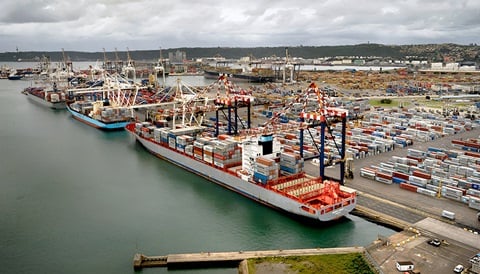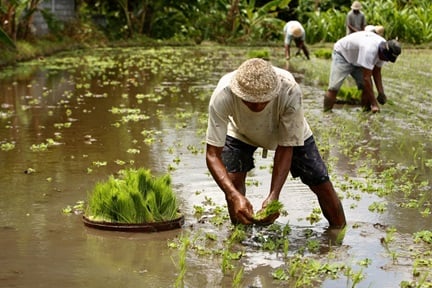The need for a common currency and digitalisation of trade
The Pan-African Payment and Settlement System (PAPSS) and the digitalisation of trade hold the key to the success of the African Continental Free Trade Area (AfCFTA).
By Johan Burger

It is only a matter of time before Africa adopts a common currency and introduces a cross-border digital payment and settlement system that will make trade efficient and help turn the continent into a single market. On 29 September, The African Export-Import Bank (Afreximbank) and AfCFTA Secretariat announced the roll-out of the Pan-African Payment and Settlement System (PAPSS). PAPSS will simplify cross-border transactions and reduce the dependency on hard currencies for these transactions, consequently boosting intra-African trade significantly and supporting the implementation of the AfCFTA. Its full implementation will save Africa more than US$5bn in payment transaction costs annually.
The platform was developed by the Afreximbank, which acts as the main settlement agent in partnership with participating African central banks. PAPSS will collaborate with existing regional and national payment systems to better integrate African economies. It provides Africa with greater capacity to conduct cross-border transactions and expand the scale of both active and potential opportunities for enhanced intra-African trade.
At the 2020 edition of the African Economic Conference in Addis Ababa in December 2020, it was stated that digitalisation of trade in Africa can boost free trade significantly. The first aspect of digitalisation deals with the digital and virtual services itself and covers everything across finance, remote health, agriculture, and education. The second is the enabling exercise that digitalisation provides for trade and in the different sectors. Realising these gains requires a multisector and multifactor effort. Policies are required for the creation of an enabling environment for productive digital trade.
A common currency and digitalizing trade would make a major contribution towards a successful AfCFTA. The common currency would help address exchange rate volatility and reduce transaction costs. The digitalization of trade will bring down non-tariff barriers and make it possible for Africa to trade with itself. Even in the absence of a common currency, PAPSS could help facilitate trade and make it easier for doing business in Africa.
Additional readings:
African Export-Import Bank. 2021. Afreximbank and AfCFTA announce the Operational Roll-out of the Pan-African Payment and Settlement System. Africa Renewal. 29 September 2021. Available at https://www.un.org/africarenewal/news/afreximbank-and-afcfta-announce-operational-roll-out-pan-african-payment-and-settlement-system. Accessed 25 October 2021.
Anon. 2021. Common currency is key enabler for growth of AfCFTA – Kobby Andah. Ghana Web. 20 September 2021. Available at https://www.ghanaweb.com/GhanaHomePage/business/Common-currency-is-key-enabler-for-growth-of-AfCFTA-Kobby-Andah-1361398. Accessed 25 October 2021.
Anon. 2020. How the digitalisation of African trade will help realise the AfCFTA. UNECA. 8 December 2021. Available at https://www.uneca.org/storys/how-digitalization-african-trade-will-help-realise-afcfta. Accessed 25 October 2021.
Sidimba, L. 2021. A single trade currency for Africa – Mene. IOL. 8 April 2021. Available at https://www.iol.co.za/news/africa/a-single-trade-currency-for-africa-mene-f868f7a2-80c8-4cbf-9490-30cff824751f. Accessed 25 October 2021.







